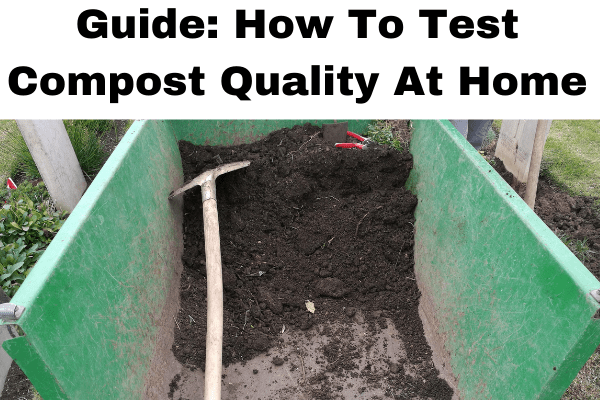Home Composting: A Sustainable Solution for Waste Management

As our planet grapples with the challenge of waste management, individuals and communities are increasingly seeking sustainable solutions to address the issue. One such solution is home composting, a process of converting organic waste such as food scraps and yard trimmings into nutrient-rich soil. Not only does it reduce the amount of waste sent to landfills, but it also enriches the soil and improves the overall health of our environment.
At its core, home composting is a simple and natural process that mimics the natural decomposition of organic matter in nature. By providing the right conditions of moisture, air, and temperature, solid waste is broken down into a fine material that can be used as a soil amendment or fertilizer for plants. This process diverts valuable nutrients from the landfill and returns them back to the earth, creating a sustainable closed-loop system.
There are several benefits of home composting, both for the environment and for individuals. Here are a few of the most significant:
1. Reducing waste: Home composting diverts organic waste from the landfill, where it would otherwise produce methane, a potent greenhouse gas. By composting, we reduce the amount of waste we produce and lessen our impact on the environment.
2. Improving soil health: The compost produced from home composting is rich in nutrients and provides an excellent soil amendment for gardens and lawns. It adds organic matter to the soil, improves soil structure, and enhances soil fertility.
3. Saving money: Composting at home reduces the need to purchase expensive fertilizers and soil amendments, as well as reducing the amount of waste we pay to have hauled away.
4. Creating a sustainable closed-loop system: Home composting creates a comprehensive, sustainable waste management system, closing the loop between waste production and reuse.
Getting started with home composting is relatively easy and requires minimal equipment. Here are some steps to follow:
1. Choose a composting container: There are many options for composting containers, including open piles, closed bins, tumblers, and worm composters. Choose one that fits your needs and space.
2. Collect organic waste: Collect organic waste such as food scraps, yard trimmings, and newspaper in a separate container.
3. Add brown and green materials: Composting requires a mix of brown and green materials. Brown materials include leaves, twigs, and shredded newspaper, while green materials include fruit and vegetable scraps, grass clippings, and coffee grounds.
4. Keep the compost moist: The compost should be kept moist but not soggy. Add water if necessary.
5. Turn the compost: Turning the compost regularly helps to aerate it and accelerate the decomposition process.
Home composting is an excellent way to reduce waste, enrich soil, and create a sustainable closed-loop system. By taking small steps towards sustainable living, we can all do our part in protecting our planet for future generations.